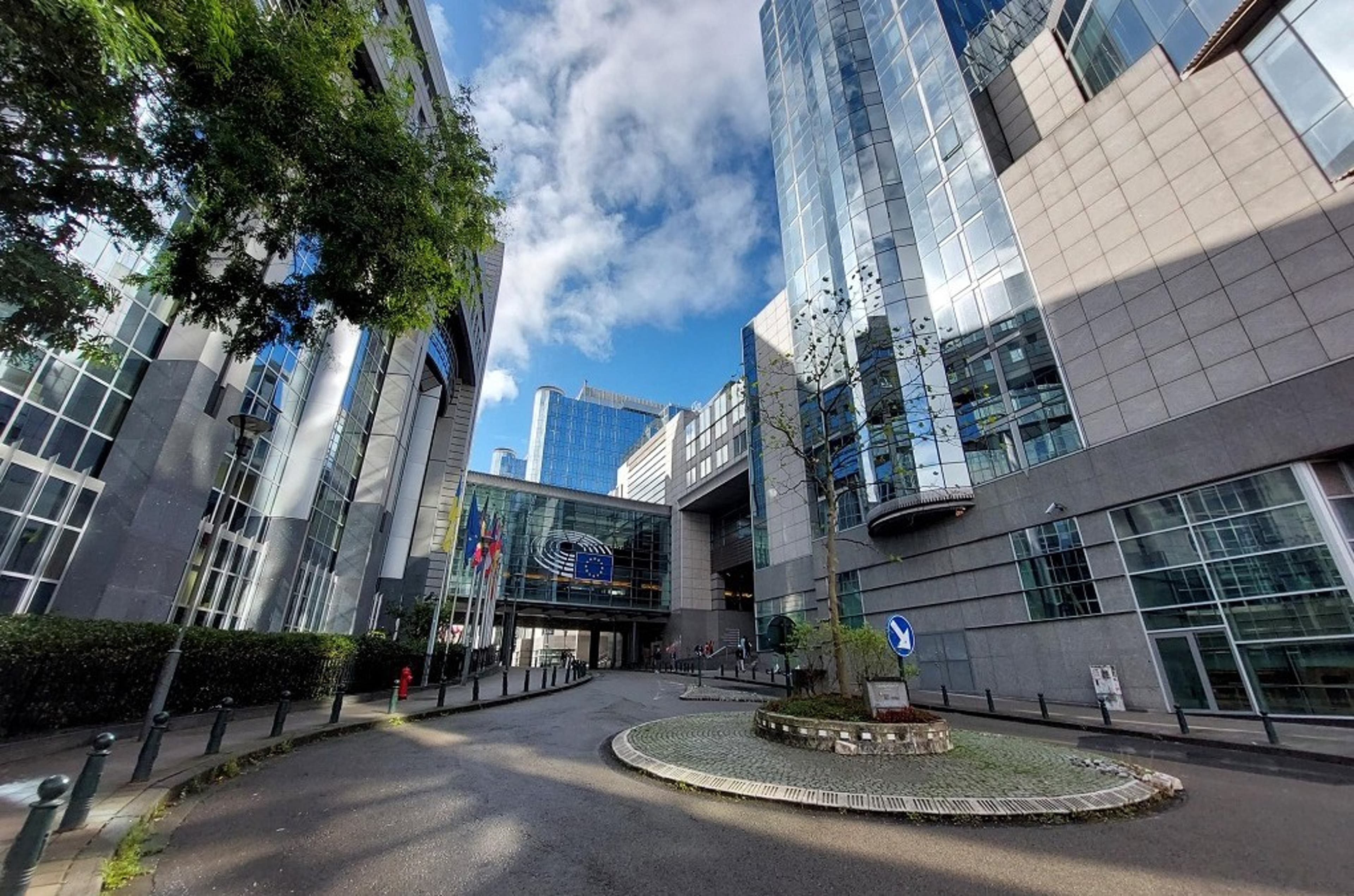Today, 1 July, the Czech Republic takes over the presidency of the EU Council of Member States for the next six months. It will have the challenging task of bringing major EU initiatives such as the Data Act and the Artificial Intelligence Act closer to the finish line, meaning at least reaching a common approach among Member States. You can visit its official website to keep up with the Czech Republic presidency program and events.
The Czech Republic inherits a presidency that has, in the last six months, advanced a very ambitious digital agenda through a robust stance on digital sovereignty and technology autonomy, at odds with its own perspective on trans-Atlantic cooperation and data flows in particular. The Czech approach to digital policy has largely been pragmatic toward businesses and open toward third countries. The Czech Republic was one of the driving forces with Sweden in 2016 behind the emergence of the so-called “Digital9+,” an informal group of digitally advanced EU countries, including Estonia, Ireland and The Netherlands, advocating for a progressive digital agenda.
One proposal on the EU legislator’s table that has received only limited attention so far is the framework for a European Digital Identity, aka the reform of the 2014 eIDAS regulation. Among others, it aims to create a European digital wallet. The European Parliament lead committee draft report was released in late May, and its rapporteur Romana Jerković suggested a few noteworthy changes on data protection:
Consent: The user shall be in full control of the wallet and its own data. Encrypted synchronization and encrypted backup functions are permitted with the user’s explicit consent. It should be technologically impossible to rely on parties to receive any information other than that the user has consented to.
Storage: Personal data, including anonymized or cryptographically protected data, should be stored and processed only in the EU, with only EU and national law applying. Storing information in the cloud should be optional and require explicit consent from the wallet user.
MEPs introduced their amendments at the committee level this week, so negotiations will continue in September.
Beyond the EU, G-7 leaders have come together in host country Germany to reaffirm, in a communiqué this week, the importance of global digital cooperation, in particular on cybersecurity and resilience in a sign of unity against Russia’s aggression of Ukraine. They also reiterated their commitment “to facilitate data free flow with trust across borders […] and to address challenges raised in relation to security, privacy … data protection,” among others. To do so, they endorsed the Action Plan for Promoting Data Free Flow with Trust, developed under the UK leadership last year, and committed to advancing the ongoing WTO e-commerce negotiation. This sign of unity is interesting but does not suppress the differences between some G-7 members on how to tackle privacy and data transfers in trade agreements. Some topics are just meant to stay hot.
Comments? Suggestions? Criticism? I am just an email away: iroccia@iapp.org
